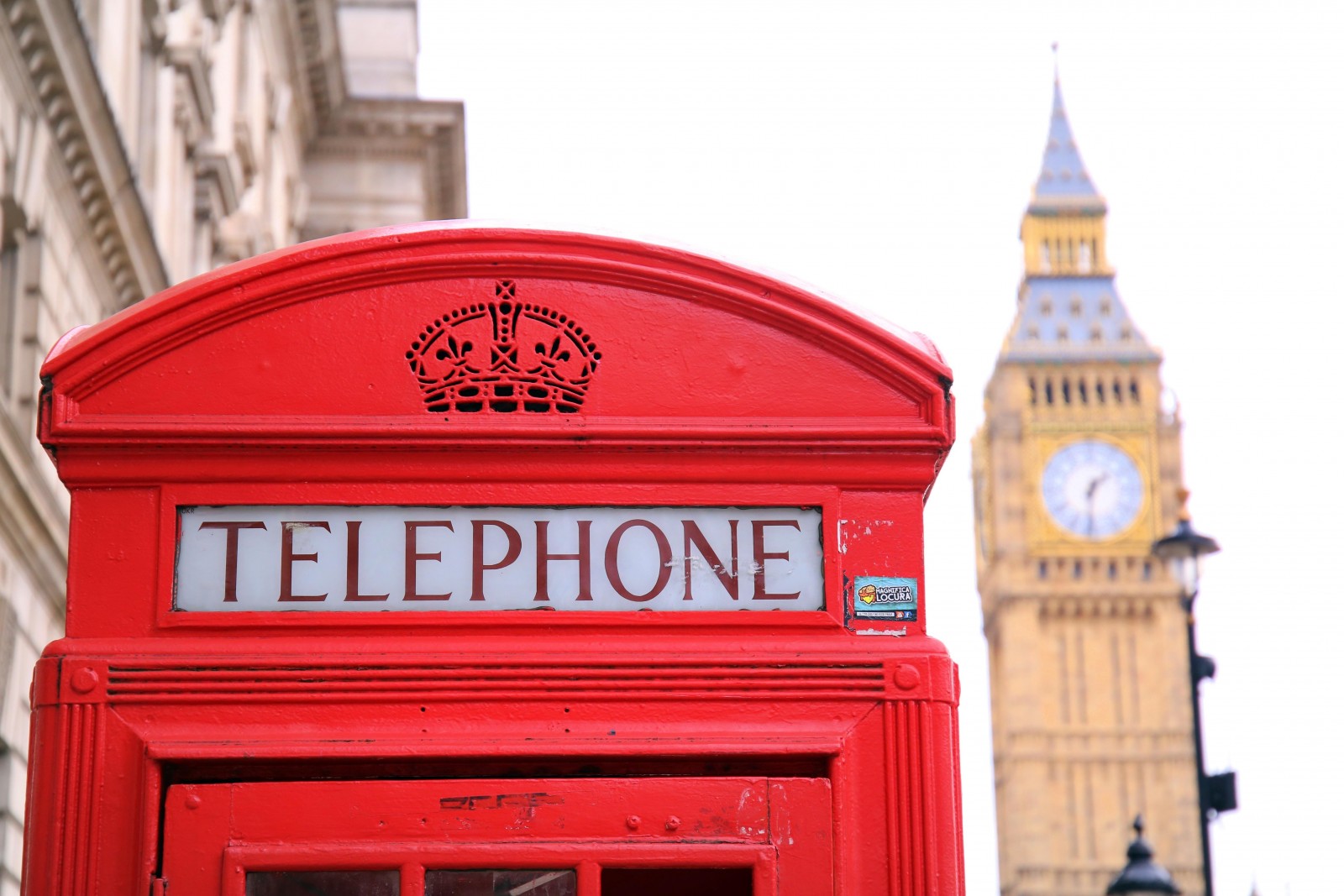The history between England and Denmark
- 5 Nov, 2023
- 5349 views
The history between England and Denmark is long and varied, marked by periods of conflict, alliances, royal intermarriage, and trade relations. Here's an overview of their historical interactions:
1. Viking Age: Denmark, along with other Scandinavian countries, was a prominent player in the Viking Age. Danish Vikings frequently raided and settled in parts of what is now England from the late 8th to the 11th centuries. The most famous Danish king, Canute the Great, ruled over England as well as Denmark and Norway in the early 11th century.
2. Conquests and Conflicts: England and Denmark experienced periods of conflict and conquest. The Danish King Sweyn Forkbeard conquered England in 1013, only to die a year later. His son, Canute, succeeded him and became the king of England in 1016. His reign marked a period of Danish rule over England.
3. Royal Interconnections: Marriage alliances between the English and Danish royal families were quite common in medieval times. For example, King James VI of Scotland, who later became James I of England in 1603, married Anne of Denmark. Their marriage created close dynastic ties between the two nations.
4. Trade and Diplomatic Relations: Over time, trade and diplomatic relations between England and Denmark have been significant. The Hanseatic League, a commercial and defensive confederation of merchant guilds and their market towns, had a substantial presence in both countries, fostering trade connections.
5. Modern Relations: In the modern era, Denmark and England have generally had positive relations. Both nations have been part of various alliances and international organizations. They were allies during World War II as part of the Allied forces against Nazi Germany.
6. European Union and Brexit: Both Denmark and the United Kingdom (which includes England) were part of the European Union (EU). Denmark joined in 1973, while the UK joined in 1973 and later left after the Brexit referendum in 2016. The decision to leave the EU has impacted their political and economic relations.
7. Cultural and Socioeconomic Exchanges: The two countries have had numerous cultural and socioeconomic exchanges over the centuries. This includes influences in language, literature, art, and even contemporary collaborations in various fields.
Overall, the history between England and Denmark has been a mix of conflict, cooperation, cultural exchange, and shared historical experiences, with both countries leaving indelible marks on each other's history and culture.
- Categoria:
- History/Stories
- Organizzazione:
- +34 631 27 98 11
- Scritto:
- Clevenard
- Telefono:
- Clevenard Social Networking Platform
- Non ci sono commenti



